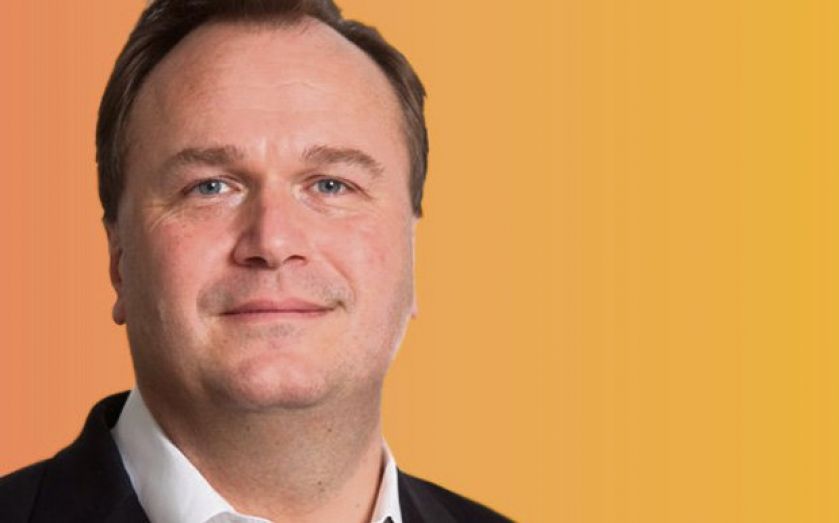Bottom Line: Internet of things has no room for tradition

LAST month, my aunt and uncle upgraded their Aga. The new model fits perfectly into their country kitchen – a tasteful pastel exterior and exposed, rustic hob – but there’s one big difference: this is an iAga, which can be controlled remotely by text or from a laptop (it even replies to tell you it’s following orders).
When even a 75-year-old British firm is getting in on the game, you know the so-called internet of things is starting to happen. At least that’s what Dixons and Carphone Warehouse hope, after claiming yesterday that their £3.8bn merger will create a “world class retailer for the new digital age”. At the moment there’s little convergence between what the firms offer: Dixons – which trades as Currys and PC World – hawks TVs, washing machines, cookers and cameras, while Carphone is all about mobile phones and tablets. But there are obvious synergies here; not least the £80m in annual savings that should help both firms, particularly on costs like rent and infrastructure that are becoming increasingly irrelevant in the age of internet shopping. But the new group will still have almost 3,000 stores – three times more than Marks & Spencer and about the same as Tesco has in the UK. That’s a huge high-street footprint for a merged firm that sells itself as a retailer of the future.
Unlike other mergers of equals, there is a real sense of partnership at the centre of this deal – the two CEOs go way back and spent much of yesterday making jokes about their impending marriage. But there are also huge risks, and investors showed yesterday they are far from convinced that the tie-up will succeed.
They’re right to be wary: it’s hard to see how such a huge physical presence fits into the internet of things.